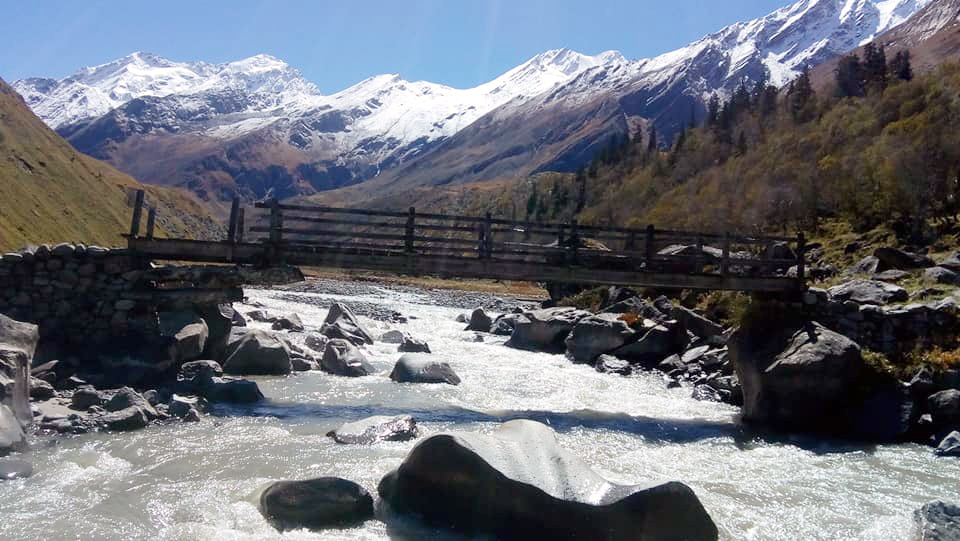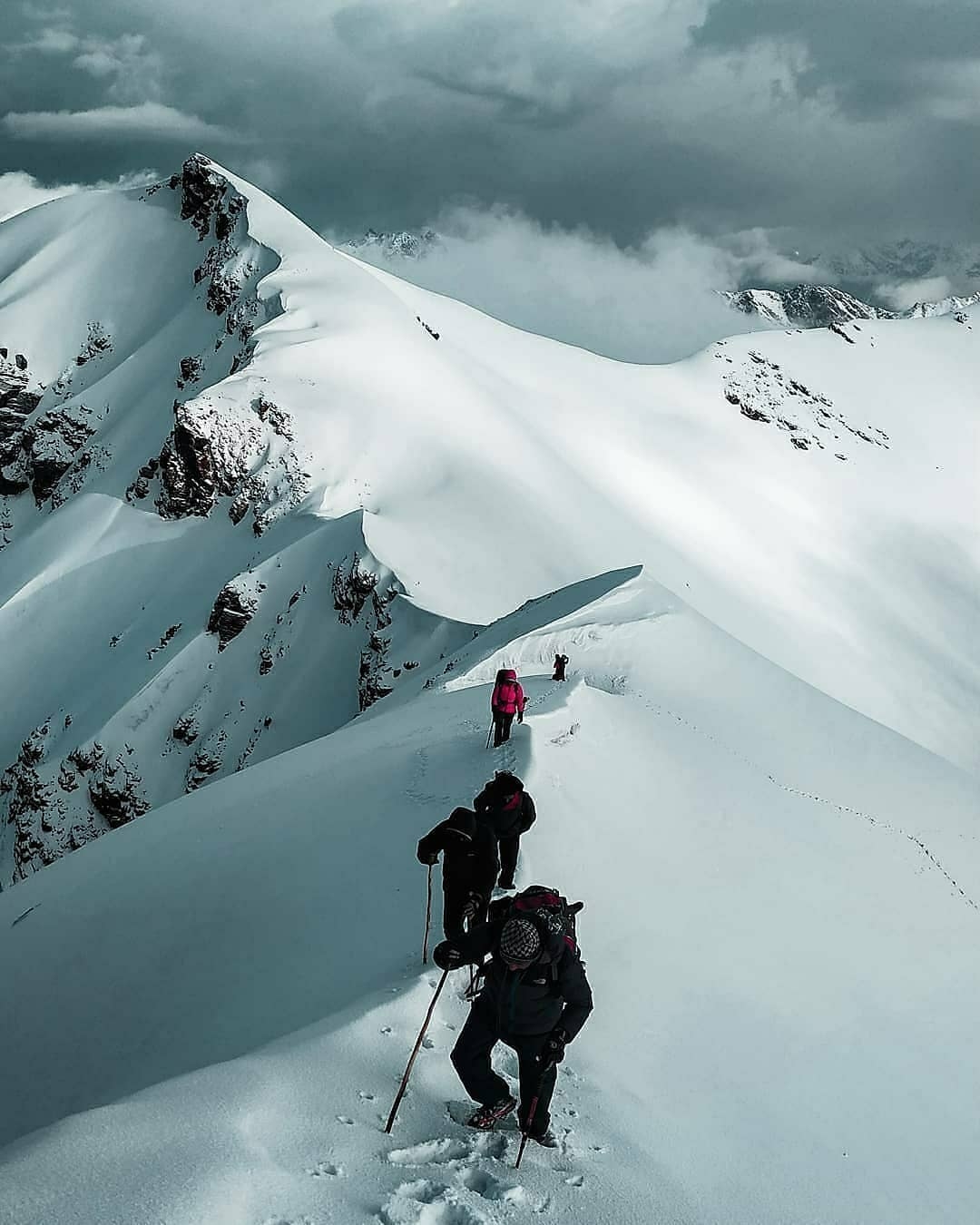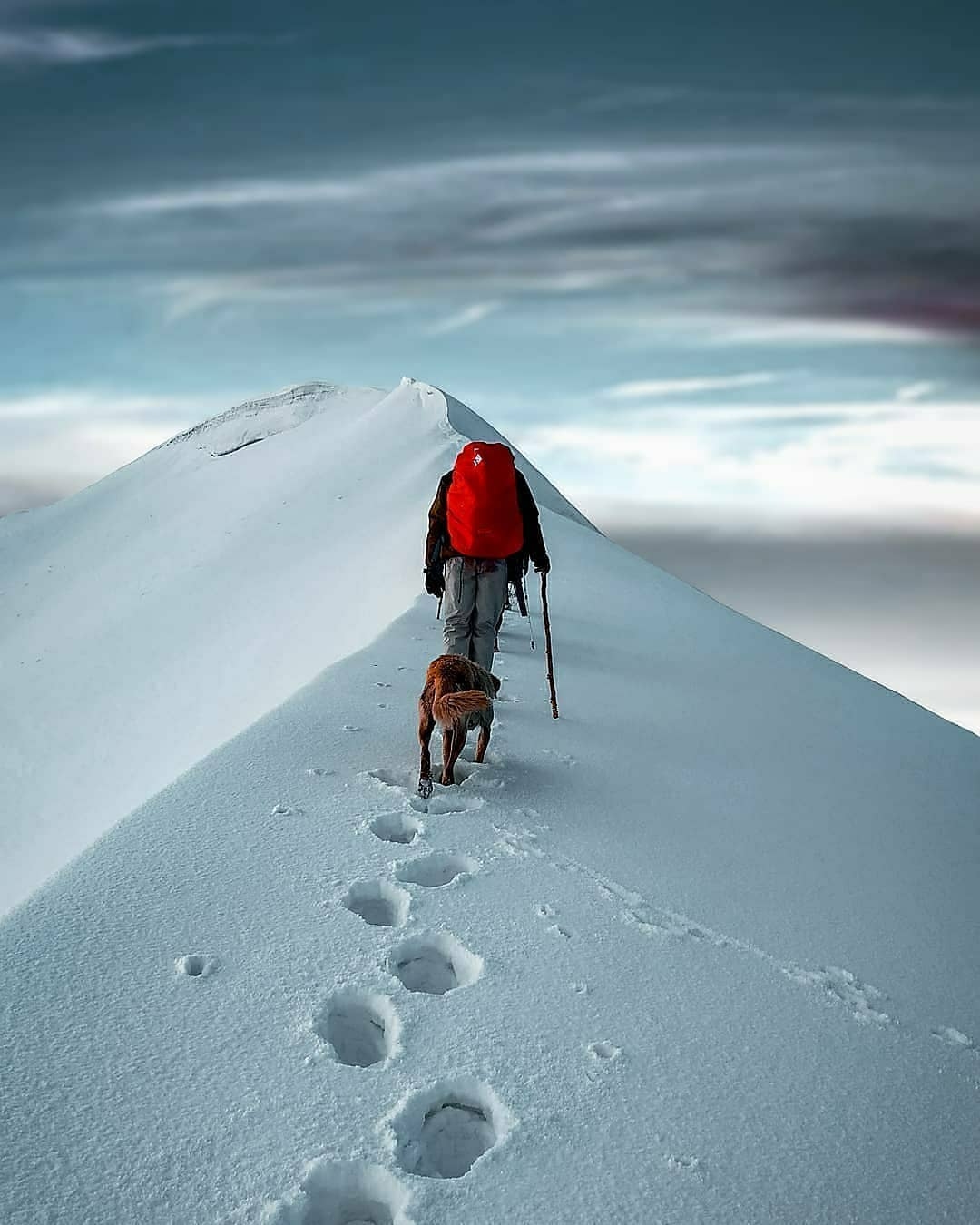FAQs
The months of May, June, mid August to October are considered to be the best times to go for Bali pass trek. Around this time, the snowfall is at its lowest and the paths become clearer thus ensuring a safe route for trekkers.
Toilet facilities on all treks in Uttarakhand are dry toilet systems.
Process: Once you are inside the toilet tent, you find a pit. This will be very much similar to the Indian-Style of Toilets. You need to squat down and find peace. After you are done, wipe yourself with a tissue paper. Dispose of the tissue itself along with the waste and then cover all the waste with the loose mud, already available at your hands reach.
No, there will be no charging facility during trek. Advice you to carry powerbanks for phones/cameras.
The Himalayas are filled with streams and rivers. This is the main source of drinking water for the trek.
Our kitchen staff use the same water for cooking purposes as well.
The water is clean and is perfectly healthy to consume. In fact it is much better than the chlorinated water that you get in your cities.
We do understand that you might have concerns with the water and want to be extra careful.
Here is what you can do.
You can use chlorine tablets or water purification tablets in your bottle. You can find these tabs on Amazon. Try searching for water purification tablets. You can also go for a slightly more expensive but more permanent option. You can buy the life-straw bottle which ensures clean water.
Here is the list of essential things to carry for Bali Pass trek:
Trekking Shoes- Bali Pass requires trekking shoes that are sturdy, have good grip, have ankle support and can handle snow.
Backpack- For a trek like Bali Pass, you need a 50-60 litre backpack. Make sure your backpack has good hip support, shoulder support and quick access pockets.
Clothes- wearing layers is the mantra in the mountains. Layers give you maximum protection from all elements. And when the weather changes in the mountains (as it happens every few hours), you take take off or put on layers as required.
3 T-shirts, You will need at least 3 insulation layers for this trek.
You will need 2 light fleece layers, 1 full-sleeve light sweater.
Two trek pants
Two pairs of trek pants should suffice for this trek.
Considered to be moderately difficult, thr Bali Pass trek requires you to have better physical fitness. If you are able to run for 30 minutes on a go or can climb several flights of stairs without panting, you can finally enjoy this trekking experience. Since the path to the pass is covered with random slippery debris and high climbs, which only a better built person can cross.
Bali Pass located in Uttarkashi district and comes under Govind Ballabh Pant Wildlife Sanctuary.
Bali Pass trek begins from Sankri which is about 195 km from Dehradun. Sankri is a small village in Uttarakhand which is a base camp for Uttrakhand treks. There are public buses and shared jeeps running between Dehradun and Sankri. You can also take a shared taxi. Dehradun is easily accessible through road, rail, and air transport.
By Road: There are no direct buses to Sankri from Delhi. There You can take overnight UKRTC buses and Volvos available from ISBT Kashmere Gate, Delhi to Dehradun. The distance from Delhi to Dehradun is about 247 km. You can also hire a taxi or outstation cab from Delhi to Dehradun.
By Rail: The nearest railway station to Sankri is 187 km away in Dehradun. There are a number of trains running between Delhi and Dehradun like Dehradun Express, Mussoorie Express, Nanda Devi Express. It is advisable to make your train bookings a month in advance.
By Air: The nearest airport from Sankri is Jolly Grant airport in Dehradun which is 213 km away from Sankri. You can reach Dehradun from New Delhi by flight.
Yes, it is absolutely safe for solo women to go for Bali Pass trek in fix departures. Women on the trek will be sharing tent with each other. In case you are the only woman on the trek, you will be given a separate tent.
Bali Pass trek inclusions are:
Stay- You will be staying in tents/guesthouses on sharing basis for the trek.
Meals- Breakfast, lunch, snacks, and dinner. We provide simple, nutritious vegetarian food on all days of the trek
Permits- All trekking permits and forest camping charges are included.
Guide- All our trek leaders are at least qualified in basic/advanced mountaineering and first aid course.
Transfers-Transportation from Dehradun to Sankri on Day 1 to Yamunotri to Dehradun on day 9 is included.
Since you will be travelling across the mountains, it is at all times advisable to wear layerable clothing. Another item which you should carry includes thermal inner wear and extra pack of woolens. Items like gloves, caps, track pants are also necessary.
Located at an altitude of 16076 Feet, the Bali Pass connects Yamunotri and Har Ki Dun Valley, and is located in the state of Uttarakhand. The trek to Bali Pass usually starts from Sankri Village and ends at Janki Chatti.
Zonal Anthropology Museum: If you are interested in history and want to gather information about various historical relics, then this place is for you. The Zonal Anthropology Museum perfectly depicts the everyday lives of locals of Gharwals.
Forest Research Institute: Loaded with botanical gardens and the beautiful roman architecture, the Forest Research Institute is the perfect place to enjoy an outing. Inside the campus of this institute lie six different museums which are open for all.
Malsi Deer Park:Covering an area of 25 hectares, the Malsi Deer Park is home to regional flora and fauna. Various animals which reside there are Deer, Leopard, Eagle and Peacocks.
Paltan Bazaar: Loaded with numerous shops as well as food stalls, the Paltan Bazaar is a go to stop for every local. From shopping for handicrafts to buying branded items, various things can be done here.












